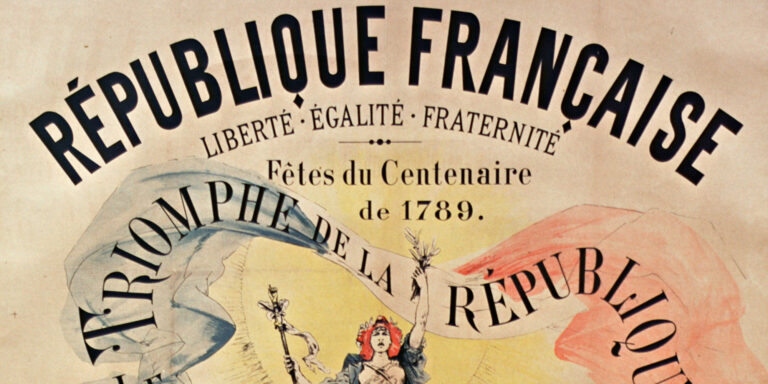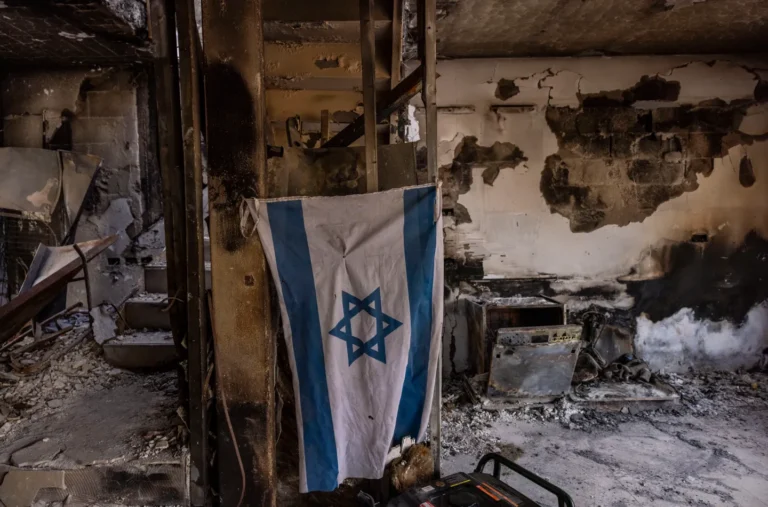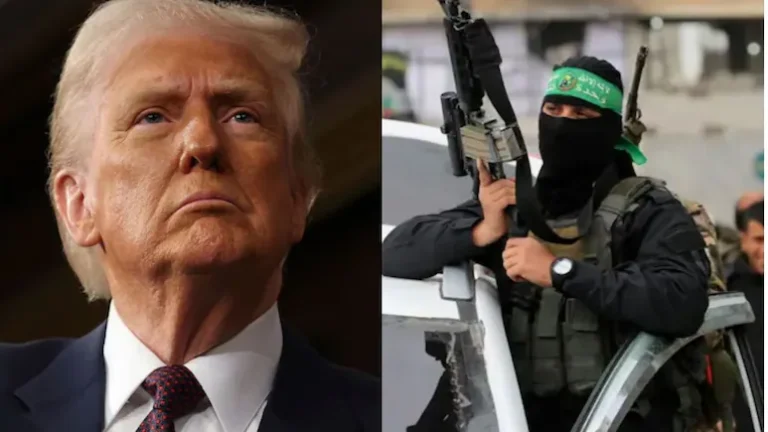By Andrea Tucci,
Talking about Palestine and Israel in France is a high-risk activity, even in the sanctuary that the university is supposed to be, as the ultimate place for debate, development of knowledge free from dogma, and transmission of critical knowledge.
The latest “victims” in March were three students expelled for 30 days from the Sciences Po, the prestigious Paris Institute of Political Studies, following a rally organized in February at the call of student unions to demand recognition of the genocide in Palestine and the severing of partnerships with complicit Israeli universities.
Earlier, a seminar organized for a year and a half by students from the Ecole Normale Superieure, a French “grande ecole”, were targeted by a violent campaign of defamation and Islamophobic insults on social media after hosting the authors of two books, titled Against antisemitism and its institutionalization and Anti-Zionism: a Jewish History. The campaign prompted the school to postpone the next session indefinitely.
A few weeks before, Pascal Boniface, director of the Institute of Strategic and International Relations (IRIS) and a long-time target of accusations of antisemitism by supporters of Israel in France for his reading of the Israeli-Palestinian conflict, saw his conference at the university of Villetaneuse cancelled by its president for “security reasons”:
This climate of French-style McCarthyism started permeating the country’s university the day following the 7 October attack and from that time researchers are reported to the management bodies by their colleagues or students for posts on social media or internal mailing lists, or even reported to the public prosecutor’s office by MPs or from Jewish organizations for simply having framed the 7 October attack in its historical context and some of these have been subject to university sanctions, while others are being prosecuted for “apology for terrorism”.
On the same time ,denouncing Israel’s genocide in Gaza, the students demanded that their institutions publicly supported a ceasefire and review their partnerships with Israeli universities and French arms companies whose activities contribute to the genocide or the colonization of Palestinian territories.
With strong disappointment The Ethics Board of the Ministry of Higher Education and Research ruled out any possibility of questioning partnerships with Israeli universities or arms companies.
In accordance with its policy of solidarity with Israel, the French government sent the police to remove the demonstrators, who were described in the media as “putschist thugs” or supporters of “Islamist soft power”.
Even “laicite,” which historically designates the separation of church and state but which has become the pillar of a state “secular religion” in France, is invoked to prohibit any academic expression on political issues. In concrete the university as a space for free public discourse is over.
University leaders are increasingly subject to the injunctions of the executive branch, this means that political and social issues are simply reduced to a security dimension, leading to an increasing weight of police or intelligence.
Any academic discourse is now regarded as a matter of public order. This trend is particularly noticeable in everything that concerns the Arab world.
The shock of 7 October and the accusation of antisemitism have thus been weaponized to marginalize academia a little more and disqualify scholarly discourse when it contradicts the leadership’s directions.
Nowadays in the United States we are currently seeing how this resorting to “common sense” is fueling a conservative revolution that is devastating academic freedom, social justice and democracy.
Following these lines, the actual subjugation of French universities for a “Policy of solidarity with Israel”, simply highlights the state of level of the democracy but also of the justice.
Libertè, Fraternitè, Egalitè.



